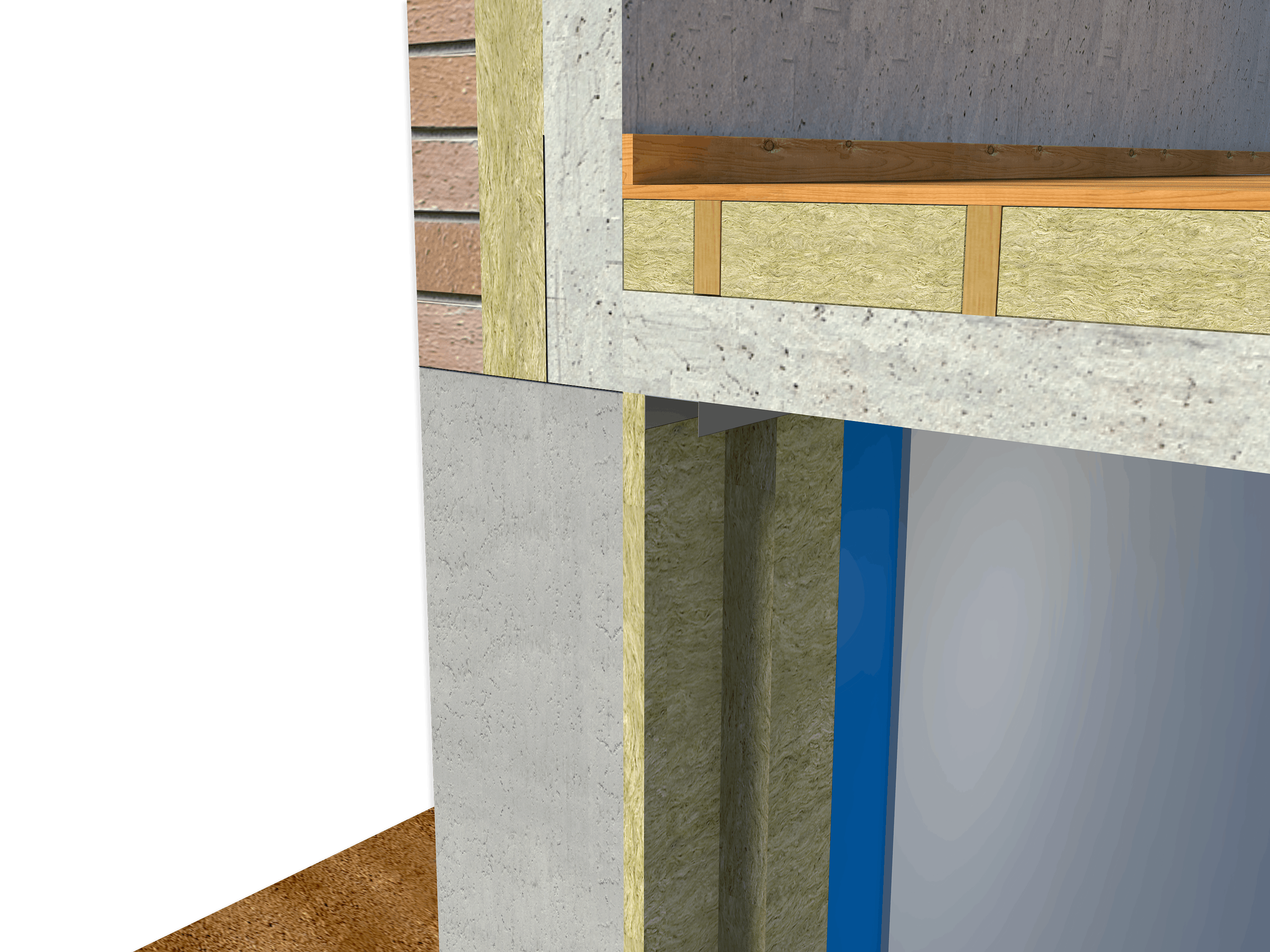Underground spaces with a soil-facing wall require basement wall insulation to protect the room from heat loss and moisture build-up.
ROCKWOOL solutions can be applied to these kinds of walls in domestic housing – and are ideal for underground flats, cellars and conversions below street level.
Discover our range of stone wool batts – as well as our system solutions. Our products and solutions are adaptable, robust and can help transform an unwelcoming basement into a comfortable living space.















